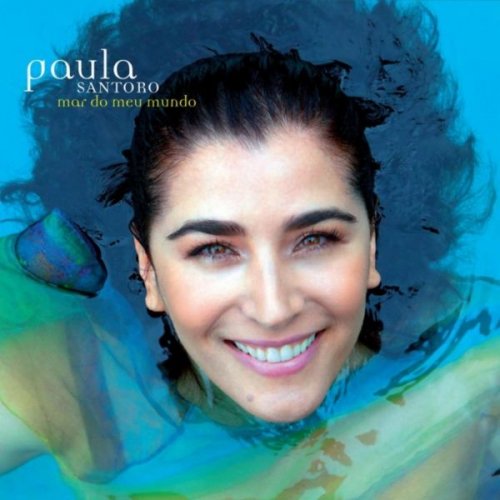Kiri te Kanawa - Maori Songs (1999) CD-Rip

Artist: Kiri te Kanawa
Title: Maori Songs
Year Of Release: 1999
Label: EMI Classics
Genre: Classical
Quality: FLAC (image+.cue,log,scans)
Total Time: 56:24
Total Size: 344 mb
WebSite: Album Preview
Tracklist: Title: Maori Songs
Year Of Release: 1999
Label: EMI Classics
Genre: Classical
Quality: FLAC (image+.cue,log,scans)
Total Time: 56:24
Total Size: 344 mb
WebSite: Album Preview
1. Hine e Hine (Lullaby) (Kiri Te Kanawa/Maori Music Group/Abbey Road Ensemble) 4:32
2. Tarakihi (The Locust) (Kiri Te Kanawa/Maori Music Group/Abbey Road Ensemble) 2:59
3. Moe Mai e Hine (Kiri Te Kanawa/Maori Music Group/Abbey Road Ensemble) 3:27
4. Hoea ra (Kiri Te Kanawa/Maori Music Group/Abbey Road Ensemble) 3:58
5. Matangi (Kiri Te Kanawa/Maori Music Group/Abbey Road Ensemble) 3:32
6. Huri huri (Kiri Te Kanawa/Maori Music Group/Abbey Road Ensemble) 3:26
7. E papa (Titi torea/E Aue) (Kiri Te Kanawa/Maori Music Group/Abbey Road Ensemble) 3:26
8. Araka ka titiro (Kiri Te Kanawa/Maori Music Group/Abbey Road Ensemble) 3:50
9. Hoki Hoki Tonu Mai (Kiri Te Kanawa/Maori Music Group/Abbey Road Ensemble) 3:51
10. Po Ata Rau (Kiri Te Kanawa/Maori Music Group/Abbey Road Ensemble) 3:46
11. Piki Mai (Kiri Te Kanawa/Maori Music Group/Abbey Road Ensemble) 3:12
12. Haere ra e Hine (Kiri Te Kanawa/Maori Music Group/Abbey Road Ensemble) 3:06
13. E Pari Ra (Kiri Te Kanawa/Maori Music Group/Abbey Road Ensemble) 3:13
14. Akoako o te rangi (Kiri Te Kanawa/Maori Music Group/Abbey Road Ensemble) 3:29
15. Tahi Nei taro kino (Kiri Te Kanawa/Maori Music Group/Abbey Road Ensemble) 3:24
16. Po Karekare Ana (Kiri Te Kanawa/Maori Music Group/Abbey Road Ensemble/Paraire Tomoana) 3:05
New Zealand born soprano Kiri Te Kanawa is of Maori descent. Her earliest vocal studies were with Sister Maria Leo in Auckland. She won the Melbourne Sun contest and went to London where she studied with Vera Rozsa at the London Opera Center. It was there that she first appeared on stage as the second lady in Die Zauberflöte of Mozart. In 1969, she sang Elena in Rossini's La donna del lago at the Camden Festival. In 1970, she made her debut at the Royal Opera, Covent Garden as Xenia in Boris Godunov and the following year she captured the public attention as the Countess in Le nozze di Figaro, a role for which she became world famous. Her American debut came that summer at the Santa Fe Opera, again as the Countess, as she was for her San Francisco Opera debut in 1972. She was soon singing at all of the major opera houses of Europe adding roles in Don Giovanni, Così fan tutte, and Die Zauberflöte to her Mozart repertoire. Her Metropolitan Opera debut in 1974 as Desdemona in Otello came on only a few hours notice when she substituted for the ailing Teresa Stratas. Her other Verdi roles include Amelia in Simon Boccanegra and Violetta in La Traviata. Her primary roles in the French repertoire were Micaëla in Carmen and Marguerite in Faust. The Houston Grand Opera was the site of her first Arabella in 1977 and since then she has made a specialty of Strauss' aristocratic ladies including the Marschallin in Der Rosenkavalier and the Countess in Capriccio. She was able to display her comic side with performances of Johann Strauss' Die Fledermaus. Her appearances in the operas of Puccini have been infrequent but she was a lovely Mimì. Many critics found her Tosca lacking the dramatic edge the role requires, but she always sang the role beautifully. Her appearances at the festivals at Salzburg and Glyndebourne are always highlights of the season.
Te Kanawa has earned fame also as a recitalist. Her programs included songs of Purcell, Schubert, Fauré, Canteloube, Liszt, and, of course, Strauss. She often included Maori folk songs as part of these programs or as encores. In concert she sang the Vier Letzte Lieder of Strauss and Mozart's Exsultate jubilate. Perhaps her most famous appearance was at the wedding of Prince Charles and Lady Diana Spencer at Westminster Abbey in 1981 singing "Let the bright seraphim" from Handel's Samson. The following year she was made a Dame Commander of the Order of the British Empire.
The voice of Kiri Te Kanawa is a lovely bright soprano, with great ease and beauty in the upper register. The wonderful legato phrasing and good technique have served her well in in many Mozart roles. She displays a wonderful expansive style which is required by the Strauss roles she performs. She has rarely tried to move her voice beyond its natural limits and this has provided her with a long, successful career. Her many recordings give an excellent indication of the finer points of her performances and she has recorded most of her important interpretations. Several of her important roles have been documented on video which allows the public to remember the totality of her performances. Kiri Te Kanawa will have a special place in the hearts of Mozart and Strauss enthusiasts as long her recordings and videos exist.
Te Kanawa has earned fame also as a recitalist. Her programs included songs of Purcell, Schubert, Fauré, Canteloube, Liszt, and, of course, Strauss. She often included Maori folk songs as part of these programs or as encores. In concert she sang the Vier Letzte Lieder of Strauss and Mozart's Exsultate jubilate. Perhaps her most famous appearance was at the wedding of Prince Charles and Lady Diana Spencer at Westminster Abbey in 1981 singing "Let the bright seraphim" from Handel's Samson. The following year she was made a Dame Commander of the Order of the British Empire.
The voice of Kiri Te Kanawa is a lovely bright soprano, with great ease and beauty in the upper register. The wonderful legato phrasing and good technique have served her well in in many Mozart roles. She displays a wonderful expansive style which is required by the Strauss roles she performs. She has rarely tried to move her voice beyond its natural limits and this has provided her with a long, successful career. Her many recordings give an excellent indication of the finer points of her performances and she has recorded most of her important interpretations. Several of her important roles have been documented on video which allows the public to remember the totality of her performances. Kiri Te Kanawa will have a special place in the hearts of Mozart and Strauss enthusiasts as long her recordings and videos exist.
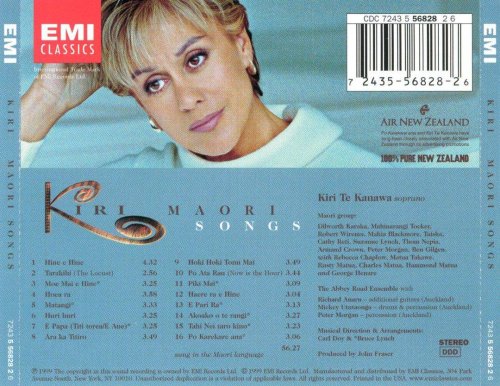
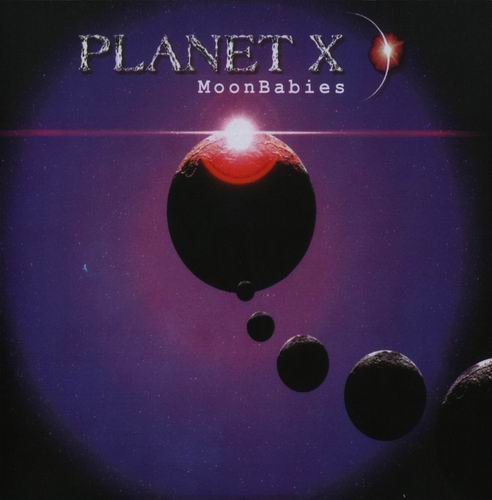
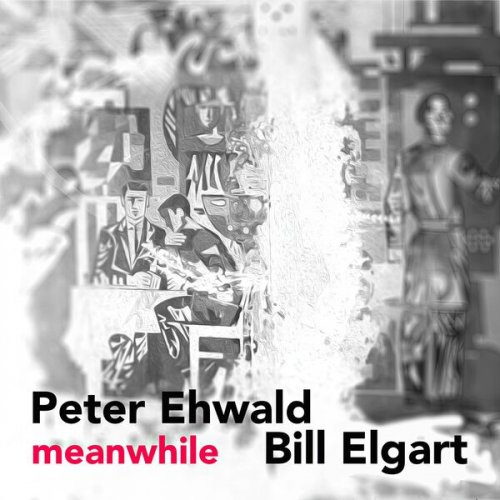
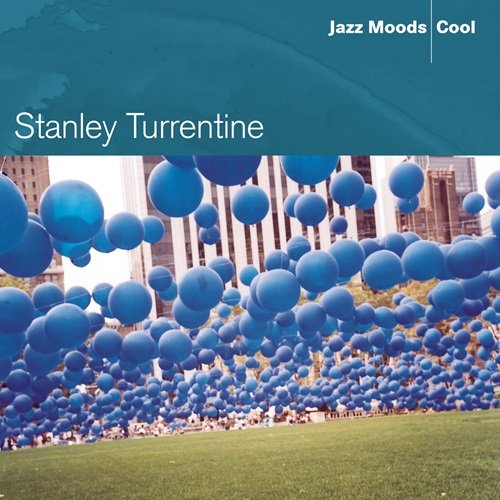

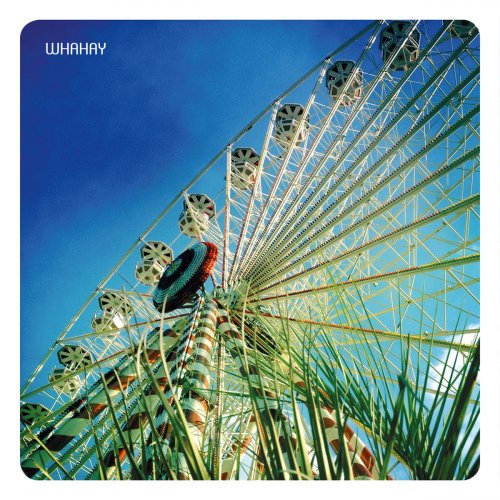
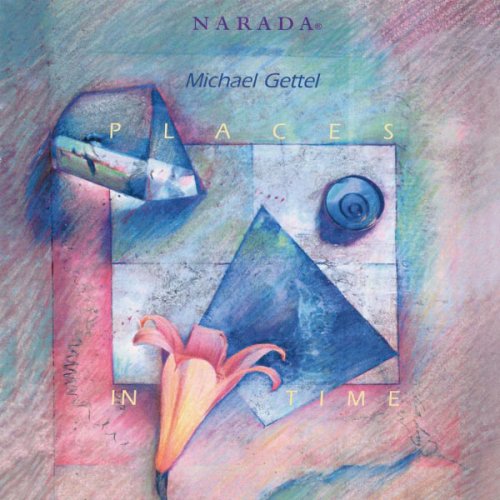
![Noé Sécula - A Sphere Between Other Obsessions (2025) [Hi-Res] Noé Sécula - A Sphere Between Other Obsessions (2025) [Hi-Res]](https://www.dibpic.com/uploads/posts/2025-12/1766108017_sej880ryk23va_600.jpg)
![Tomasz Stańko - Unit (Polish Radio Sessions vol. 2/6) (2025) [Hi-Res] Tomasz Stańko - Unit (Polish Radio Sessions vol. 2/6) (2025) [Hi-Res]](https://www.dibpic.com/uploads/posts/2025-12/1765790300_cover.jpg)
